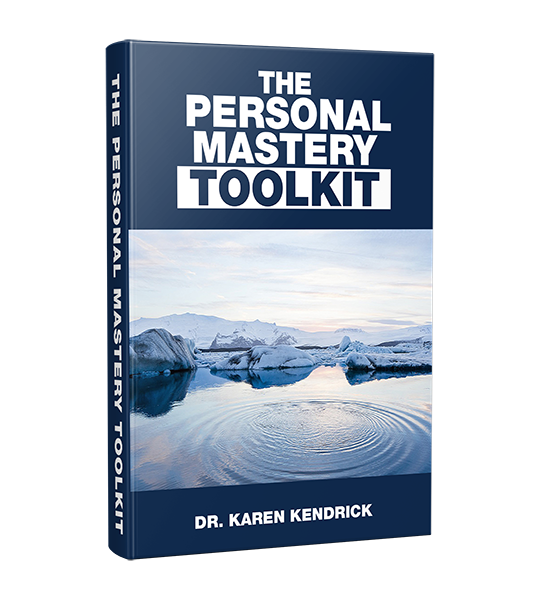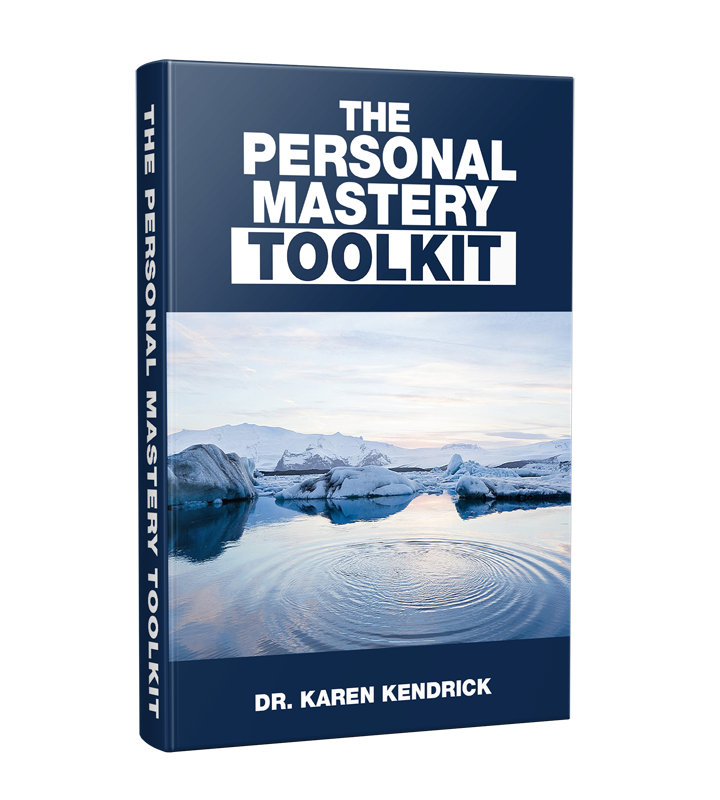5 SKILLS TO BOOST YOUR HAPPINESS
Ever wonder why some people seem to be happier than others?
They seem to have figured out how to make the most of life no matter what the circumstances.
That doesn’t mean that they don’t have any problems or feel negative emotions from time to time, but on most days their overall mood and level of happiness is pretty good.
Research suggests that your happiness can be influenced by a number of factors, including what proactive steps you take to boost positive emotions.
Here are 5 skills to practice and master that when used regularly, can vastly improve your level of day-to-day happiness:
1) Savoring
Savoring is the fine art of allowing yourself to slow down, be in the moment, and truly enjoy something to it’s fullest. On a tactical level, it means really tuning in to your five senses of touch, sight, hearing, smell, and taste as you experience something.
Think about a bowl of ice cream or some other favorite dessert. In that context, most of us have no trouble being in the moment and fully enjoying the sweet taste. But what if you could take it further and focus in on the luscious texture on your tongue or the unique color and shape of your bowl?
When you are more mindful of what you are experiencing through your senses, you tend to feel more alive and more joyful.
The more you can apply this technique to everyday situations, even something as simple as the 60-second elevator ride up to your office can become more enjoyable.

Get a FREE copy of The Personal Mastery Toolkit.
Raise your game and lead an exceptional life.
2) Forgiving
The act of forgiveness to yourself or others, as they say, is the gift you give yourself. People screw up. Mistakes happen. Things don’t turn out as planned. One of the most powerful forces that will keep you away from happiness is if you continue to hold on to anger or resentment. Those emotional states keep you feeling less in control and less empowered.
Happy people have learned how to let go of a grudge and get on with their lives.
The key is not to dwell on what didn’t happen or what expectations weren’t met, but to acknowledge it, express some negative emotion for a brief time, and then move on. Keep the mistake or disappointment in perspective with what is good about the rest of your life and focus your energies there.
3) Recalling happy memories
Your mind is a powerful place. You use your thoughts to take you on a mental vacation, fantasize about romance, or dream up a new business idea. Similarly, you can use your mind to tap into happy memories that give you pleasure, make you laugh, and lighten your day. You can use both your most cherished memories (e.g., like a wedding or birth of a child) as well as some of your simplest memories (e.g., like the “new car smell” when you first got your car).
If necessary, use some of your photos or items in your home as prompts to help jog more memories. Keep these memories active by talking about them and putting up visual reminders in places where you can see them, such as your phone, computer screen saver, or front entryway.
4) Screening out negativity
Negative influences are around us all the time. Happier people have learned to limit their exposure to stressful news, toxic people, and unsupportive social media. That doesn’t mean that you don’t ever stay informed or engage with others, but it means that you keep some boundaries and time limits around your exposure.
To be most effective, it also involves seeking out more positive information and interactions to counteract the negativity.
If you are around unhappy people at work all day long, make sure you are finding happy people in other parts of your life to balance the equation. For every 30 minutes of negative news or social media you watch or read, find some uplifting media to consume, such as a concert video or comedy podcast.
WANT TO ACCELERATE YOUR PERSONAL GROWTH AND SUCCESS?
Take the BRILLIANCE BLUEPRINT™ digital course.
5) Actively expressing gratitude
The act of showing gratitude is one of the most powerful happiness tools in your toolkit. This is not just about feeling grateful inside your mind, but actively saying your feelings out loud and taking action. Examples include telling people what you appreciate about them, donating time or money, giving gifts, or performing favors.
People who are happy find as many things as possible to be grateful for and make it a priority in their lives to express it.
If openly displaying gratitude doesn’t come naturally, start by writing out what you are grateful for, and transition from there. Even if you don’t state the gratitude out loud, telling someone in writing or doing a small act of kindness can give you a mood lift and build your gratitude skill.
DIVE DEEPER: Boost your happiness, confidence, and resilience by mastering how you think about your life story here.

Get a FREE copy of The Personal Mastery Toolkit!
Raise your game and lead an exceptional life.
IF YOU LIKED THIS CONTENT, CHECK OUT:
NEW TO KAREN?

